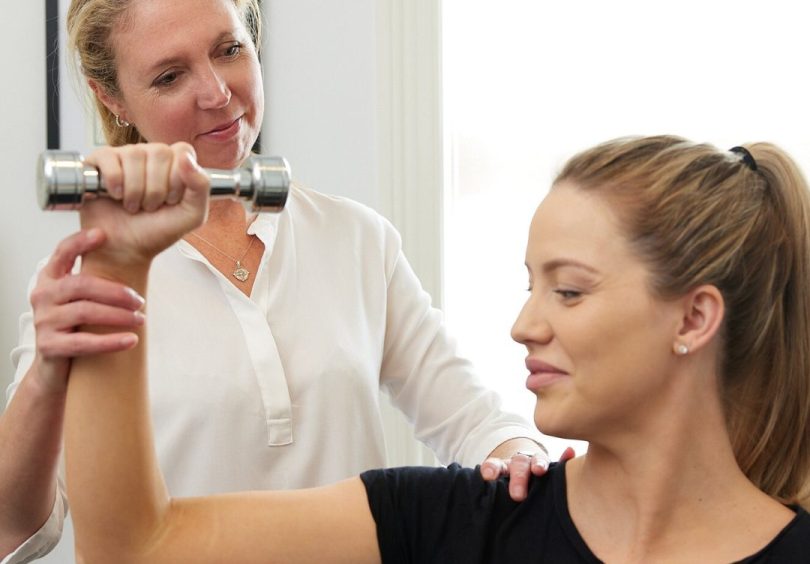BLOG
Bone Density in Females: What Every Woman Needs to Know



Bone density plays a critical role in long-term health and function — particularly for women. From adolescence through menopause and beyond, a woman’s bone mass undergoes significant shifts, driven by hormonal changes and lifestyle habits. Yet many don’t realise they’re losing bone until a fracture or scan reveals the issue.
The good news? Much of this bone loss is preventable with the right strategies.
Peak bone mass is usually achieved by age 25–30
After this point, bone formation slows and breakdown can begin to outpace it.
From age 30, women may lose 0.3–0.5% of bone mass per year, particularly if:
After menopause, bone loss accelerates.
Due to the sharp drop in oestrogen, women can lose 2–5% of their bone mass per year for the first 5–7 years after menopause. This increases the risk of osteoporosis and fractures, especially in the hips, spine, and wrists.
By age 60, one in two Australian women will experience an osteoporotic fracture (Healthy Bones Australia).
Bone responds to mechanical loading — meaning we need to stress the bone through movement and resistance to maintain or improve its strength.
The Australian Physical Activity and Sedentary Behaviour Guidelines recommend that adults aged 18–64 aim for:
Strength training is non-negotiable when it comes to protecting bone density.
Weight training — also called resistance training — is one of the most effective, research-backed strategies to improve and preserve bone density.
Here’s how it works:
Types of weight training that support bone health:
At Malvern Physiotherapy Clinic, we incorporate load-based Clinical Pilates and resistance programs to help our female patients build strength safely, especially around the spine, hips and pelvis.
Exercise alone won’t protect your bones — it needs to be paired with adequate nutritional support.
Key nutrients:
At Malvern Physiotherapy Clinic, we take a holistic and individualised approach to women’s musculoskeletal health. Whether you’re:
Our team of physiotherapists — including Jacinta, who specialises in bone health, back pain, and Pilates-based rehabilitation — can guide you with the right type of exercise, frequency and progression, all backed by evidence.
We also work closely with GPs, endocrinologists, and dietitians to ensure you receive multidisciplinary care if needed.
Book an appointment now or call our team at 9078-8434 to discuss how we can support your bone health journey.
It’s easy to ignore bone health — until it’s too late. But it’s one of the few areas where small, consistent changes now can make a huge difference to your future independence, comfort, and confidence.
Want to check your current risk level? Use the Know Your Bones self-assessment tool developed by Healthy Bones Australia and Garvan Institute.
Jacinta Pedis is a highly qualified physiotherapist at Malvern Physiotherapy Clinic, with a special interest in bone health, post-operative rehabilitation, and managing complex musculoskeletal conditions. She holds a Bachelor of Applied Science and Master of Physiotherapy Practice from La Trobe University and brings valuable experience from her time at The Alfred Hospital, where she worked across orthopaedics, rehabilitation, and chronic pain management.
Jacinta is known for her personalised, evidence-based approach and is passionate about helping women maintain strength, mobility, and independence at every life stage. She integrates manual therapy, education, strength-based exercise, and Clinical Pilates to support long-term outcomes, particularly in managing conditions related to osteoporosis, osteoarthritis, and hormonal changes around menopause.
Jacinta also teaches Clinical Pilates at Return Pilates, where she applies her physiotherapy expertise to guide safe, progressive movement for all fitness levels. Her calm, supportive nature and strong clinical knowledge make her a trusted practitioner for patients navigating both prevention and recovery.
Book an appointment with Jacinta here and learn more about how she can help you maintain your bone health and physical confidence.
Published August 14, 2025